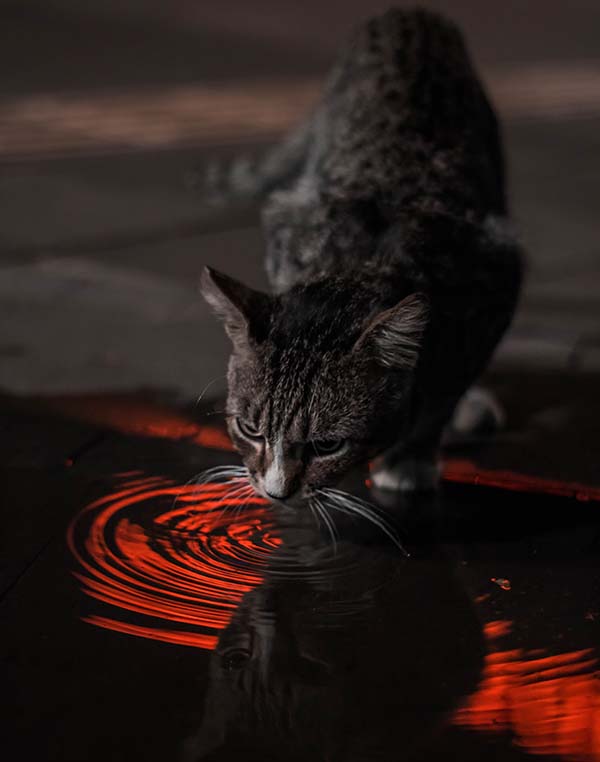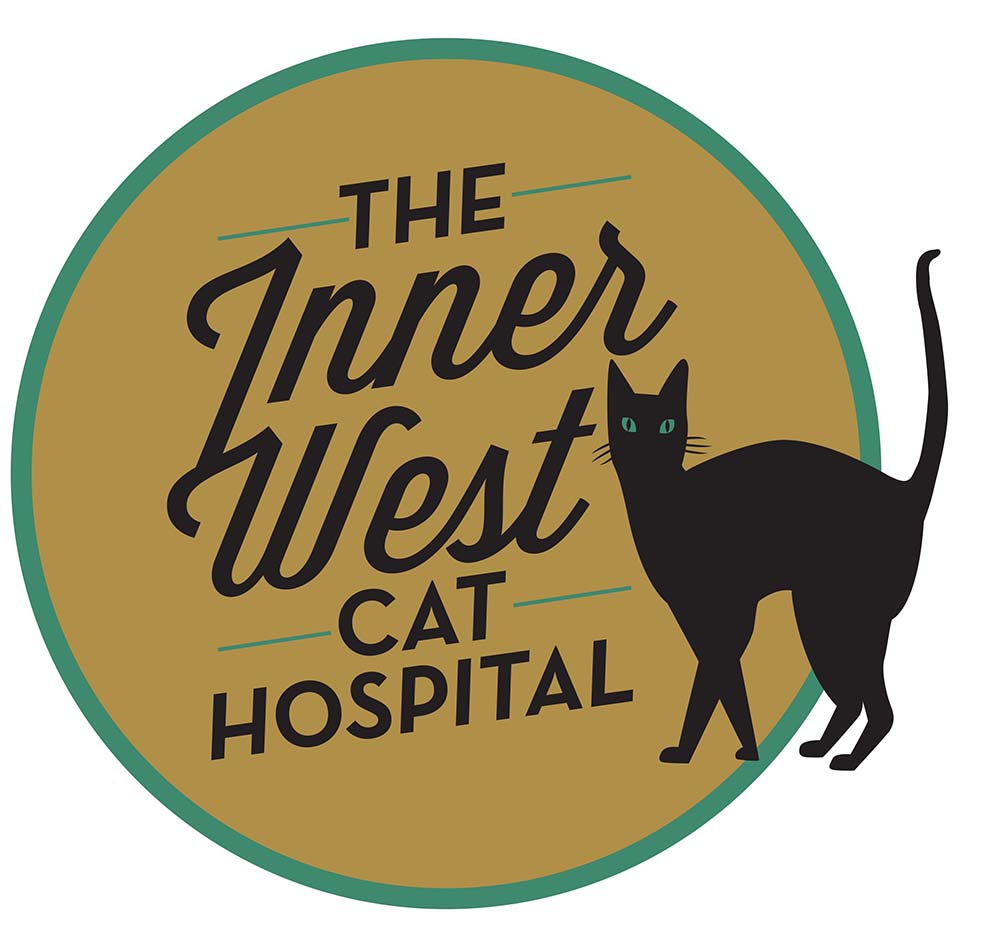Cat Health
Renal Disease
As cats age, their organs age also. Due to their obligatory meat-only diet (cats cannot digest vegetable proteins), their kidneys have a hard life and do not usually age well. As a result, renal disease and failure becomes more common in cats as they age. Renal disease can be acute (meaning recent and reversible) or chronic (permanent and slower to develop).
Acute renal failure occurs most often due to active processes such as toxic injuries, infections, cancers, blockages or inflammatory conditions. On the other hand, chronic renal disease is the permanent “wearing out” of the kidneys over time. There are early signs this might be occurring, which include drinking a lot, urinating a lot, losing weight, vomiting, loss of appetite, bad breath and lethargy.

Before these signs start to show their face however, there will be markers of early disease in their blood and urine. Prevention is sometimes the ONLY cure so it is important that as cats age, their blood and urine is checked for these biochemical markers so that intervention can be started early and further deterioration avoided. A blood test to identify kidney disease or early kidney stress is quick to perform, and can be done in-house with results usually available within 20mins.
If identified, we can then recommend interventions which may include prescribing certain medications, intravenous or subcutaneous fluid therapy, or the initiation of dietary modification to give their kidneys an easier life. We can also show you how to improve your cat’s kidney health at home and recommend strategies for preventing any further deterioration such as providing moving/additional water sources to help encourage hydration, and changing to a low sodium, low phosphorous, restricted protein diet. If you would like to have these blood and urine tests performed, give us a call to book an appointment (or mention it at your next vaccination appointment and we can do it then).
